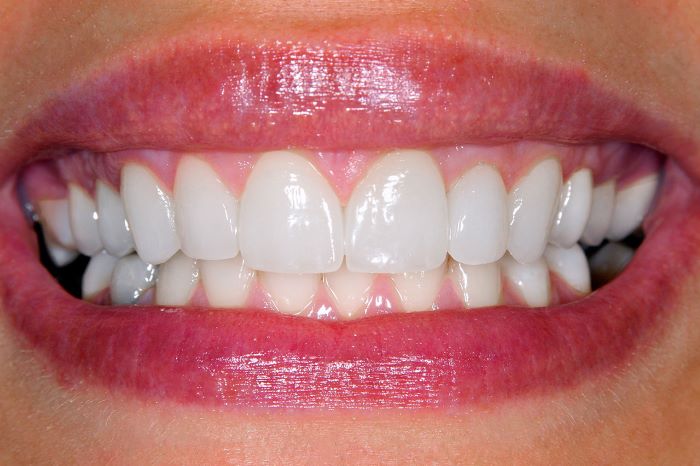Should I Use Mouthwash?

We all know the dental aisle can be overwhelming. Picking out a toothbrush, floss, and toothpaste is a large enough task to take on, but adding mouthwash to the list is enough to send anyone over the edge. With so many options, it is hard to know which products are right for you, or essential to your home care routine. It begs the question: should we use mouthwash? The short answer? It depends. The most important consideration when deciding whether to use mouthwash is the fact that it is not and cannot be a replacement for brushing or flossing. While mouthwash is often antibacterial, the problematic plaque and buildup remains on the teeth after rinsing. The only way to remove and prevent plaque and tartar buildup is through mechanically brushing or flossing it off of the tooth surface.
It is also important to note that mouth rinse should not be used immediately after brushing teeth. Toothpaste leaves cavity fighting minerals and ingredients on your teeth after brushing that protect the enamel long after you put the toothbrush away. Eating, drinking, or rinsing with mouthwash immediately after brushing negates the lasting effects of brushing your teeth.
With those tips in mind, mouthwash definitely can have a place in your oral care routine. Although it doesn’t replace brushing or flossing, and should not be used immediately after, mouthwash may be right for you. Read below to see which type of mouth wash may be a great addition to your oral homecare routine:
For Cavity Prevention
A fluoridated mouth rinse is your best bet for fighting cavities. We cannot stress enough, mouth wash is not a replacement for brushing, and should not be used immediately after brushing. Therefore, to have some extra cavity protection consider adding in a fluoridated mouthwash after lunch, or a separate time in the day from when you would normally brush your teeth.
For Dry Mouth
Dry mouth, or xerostomia, is the number one risk factor for cavities, and can wreak havoc on your peridontium (gums and bone surrounding the teeth) as well. Mouth wash formulas have come a long way in the dry mouth department, and may be a great help to someone suffering from xerostomia. Find products labeled specifically “dry mouth” such as Biotene or certain ACT products, and absolutely steer clear of any mouth wash with any form of “alcohol” as an active ingredient.
For Better Breath
If your goal is simply to maintain fresh breath throughout the day, adding in any mouthwash you prefer could do the trick. However, sometimes there can be underlying causes of bad breath associated with gum disease or tooth decay that are important to address. If bad breath is a persistent problem for you, make an appointment with us, and Dr. Smith can address any underlying causes and an appropriate treatment plan to help you achieve oral health and better breath.
Other Considerations
Many mouthwash formulas use alcohol as an antibacterial agent, but it can be very irritating. Alcohol also inhibits saliva production, so people with dry mouth, periodontal disease, or high cavity risk should choose alcohol free options. Another consideration is mouth wash with the active antimicrobial ingredient Cetylpyridinium Chloride: some patients notice the inside of their cheeks sloughing off when spitting out these particular mouth rinses. Cetylpyridinium Chloride can also cause staining on the teeth that can be removed with a dental cleaning.
We would love to partner with you in achieving your best oral health, and making a home care plan and recommendations that help you maintain it! To schedule an appointment with us, call and speak to our friendly office staff at (509)822-5614 today.

